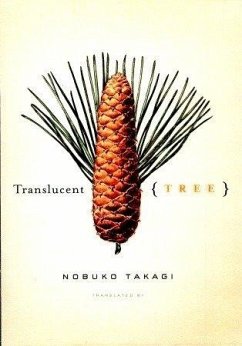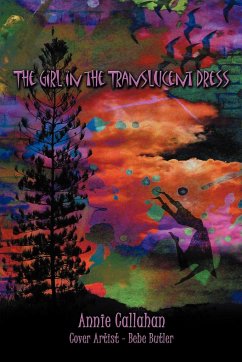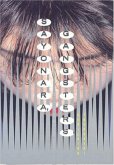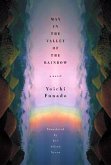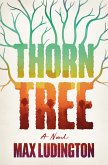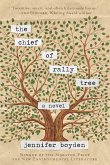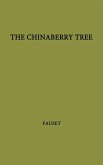Chigiri Yamazaki is a divorced single mother who has returned to Tsurugi City with her 11 year old daughter to care for her ailing father--a famouse sword maker whose business has completely faltered. It falls upon Chigiri to keep dept collectors at bay. Go Imai, a freelance documentary maker, is on a business trip from Tokyo and has decided to stop by this little town of Tsurugi, where he had come to do a story on Chigiri's father 25 years ago. Go reunites with Chigiri, and the two begin a love story of epic consequence and passion reminiscent of the works of Marguerite Duras and Alice Munro, set against the backdrop of bucolic Japan.

